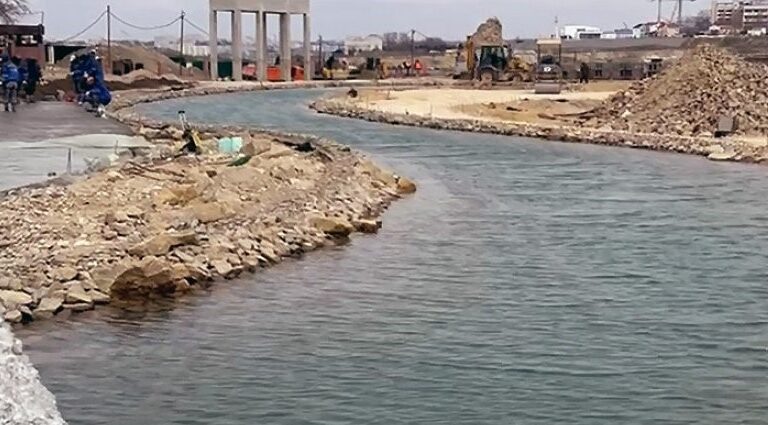Seventy-five years ago, the UN Charter was signed in San Francisco, in which the peoples of the worldaffirmed the establishment of faith in fundamental human rights, the equality of rights of great andsmall nations, and respect for obligations under international law. social progress and freedom,international peace and security.
Unfortunately, these noble words did not become a reality for the second half of the twentiethcentury. The confrontation between democracies and the communist bloc, which has split the UNSecurity Council, has paralyzed and postponed for decades many initiatives for the development of themodern world. However, it is the UN that has become an important mechanism for balancinginterests, preventing the world from slipping into nuclear war and mitigating many regional conflicts,laying the foundation for modern mechanisms of global cooperation, from ICAO to UNESCO.
It can be assumed that the main challenge for the UN system was the open occupation of the place ofthe communist empire in the Security Council by the Russian Federation as an alleged “successorstate” of the USSR. This fraud, which broke out in 1992, largely determined the course of furtherinternational crises, including the Crimean one.
It is on the example of the occupation of Crimea that it became clear that one of the main countriesviolating and aiming to violate the basic principles and norms of international law was modern Russia,and the UN is seen as one of the tools of political, legal and informational expansion. It would seemthat the UN should be paralyzed by Russia`s “veto”, but this has not happened, and it is resolutionsand other acts of the United Nations that are today an important legal means of the futuredeoccupation of Crimea.
Returning to the preamble to the UN Charter, it is difficult to find at least one point that Russia wouldnot violate today. Many complain that it is difficult to bring the state, a “permanent member of theSecurity Council”, to justice. However, lawyers and political scientists are aware of the existence ofsuch a mechanism, namely, provided for in UN General Assembly Resolution 377 (V) “Uniting for
Peace” of November 3, 1950, under which UN troops were then sent to protect the Korean peoplefrom external aggression.
Under resolution 377 (V), the General Assembly may take action if, as a result of a disagreementbetween its permanent members, the Security Council is unable to fulfill its primary duty to maintainpeace and security. In all cases where there are grounds for seeing a threat to peace, a breach of thepeace or an act of aggression, the General Assembly shall, within the framework of this mechanism,consider the matter without delay in order to make the necessary recommendations to the Membersof the United Nations on collective action. Such measures may include, in the event of a breach of thepeace or an act of aggression, the use of UN forces to maintain or restore international peace andsecurity. This is precisely the armed forces formed by the world’s civilized nations for hostilities undera UN mandate, not peacekeepers.
To implement mechanism 377 (V) in the intersessional period, the General Assembly may convene anextraordinary special session convened within 24 hours of receiving a request for such a convocation.The request may be made either by at least seven members of the UN Security Council or at therequest of a majority of UN Member States. And now, on the anniversary of the unification of nations,we can already say that experts from different countries have begun work on a mechanism forimplementing the mechanism of the resolution “Uniting for Peace” for the de-occupation of Crimea.







